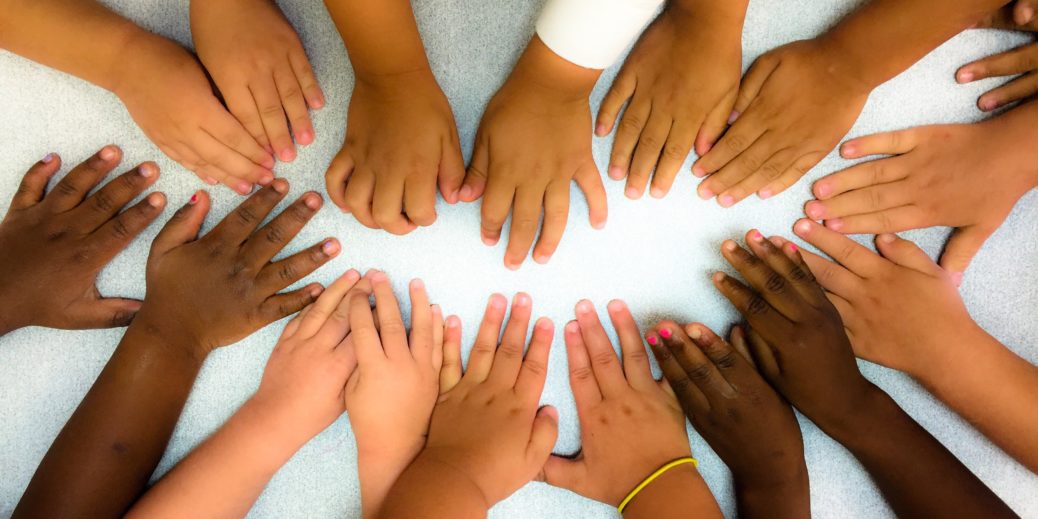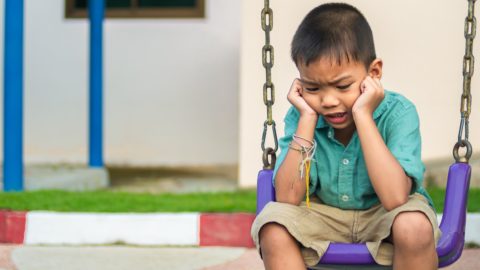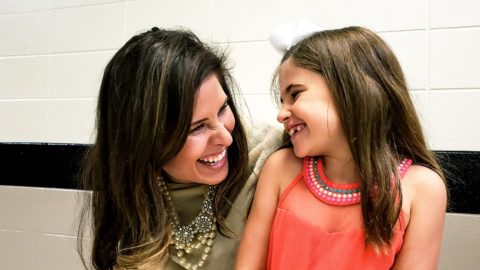“The time is always right to do what is right.” ~Martin Luther King, Jr.
It’s a pivotal time in our country as more and more Americans join the #BlackLivesMatter movement. White Americans, like myself, are being called upon to stand up and fight against the racism which still sadly permeates today’s society and institutions. Part of this tremendous task requires reformation to our education system to better support students of color, specifically our Black students.
Equity starts early, and as early childhood educators, we must examine and most importantly act to dismantle systemic racism in early childhood education. We know how imperative it is to students’ short-term and long-term success, as those who attend a high-quality program are “more likely to be high school graduates, attend postsecondary education, and own assets (such as a home)—and they are less likely to be caught up in the cycle of mass incarceration” (NAEYC). To ensure all students are getting a just start, let’s first take a moment to acknowledge that there’s a problem.
According to NCTE’s Early Childhood Education Assembly, “By and large, poor children, children who speak languages other than English, children of color, and children with special needs do not have access to the same high-quality early childhood programs enjoyed by their White, middle-class counterparts.” This inequality of opportunity contributes to the achievement gap which starts forming before students even step foot into a kindergarten classroom. Black and Hispanic students, for example, are about 9 to 10 months behind in math and 7 to 12 months behind in reading at the start of kindergarten (Center for American Progress and NIEER).
And yet, kindergarten classrooms have become increasingly academic over the past two decades as a result of demands set forth by the No Child Left Behind Act of 2001. The Alliance for Childhood explains how kindergarteners are now “under great pressure to meet inappropriate expectations, including academic standards that until recently were reserved for first grade.” This only intensifies the struggle.
Furthermore, data collected by the U.S. Department of Education’s Office of Civil Rights discovered that Black children represent 18% of preschool enrollment but 48% of preschool children receiving more than one out-of-school suspension. Emerging research suggests that implicit racial bias plays a key role in these discipline disparities.
Our current system builds bridges for some but creates barriers for others. So, what can we do? Here are seven strategies:
- We can uplift and listen closely to the Black voices of our community.
- We can reflect upon the biases we all have while exploring how they impact our interactions with others.
- We can advocate to increase access to high-quality early childhood education programs.
- We can evaluate our curriculum and classroom literature for cultural relevance to ensure it’s reflective of all students’ experiences.
- We can discuss race and racism with students in developmentally appropriate ways.
- We can address racial wage disparities and invest in the early childhood workforce.
- We can reduce high-stakes testing as well as the trickle-down effect it’s had on early learning, specifically in kindergarten.
This work is hard and will require a life-long commitment from all stakeholders to make real change.
As a white educator, I recognize my privilege and want to use the opportunities I’ve been afforded as well as my online platform for good. I’m listening, learning, and doing. Let’s dig deeper. Our students deserve it. Our world needs it.









